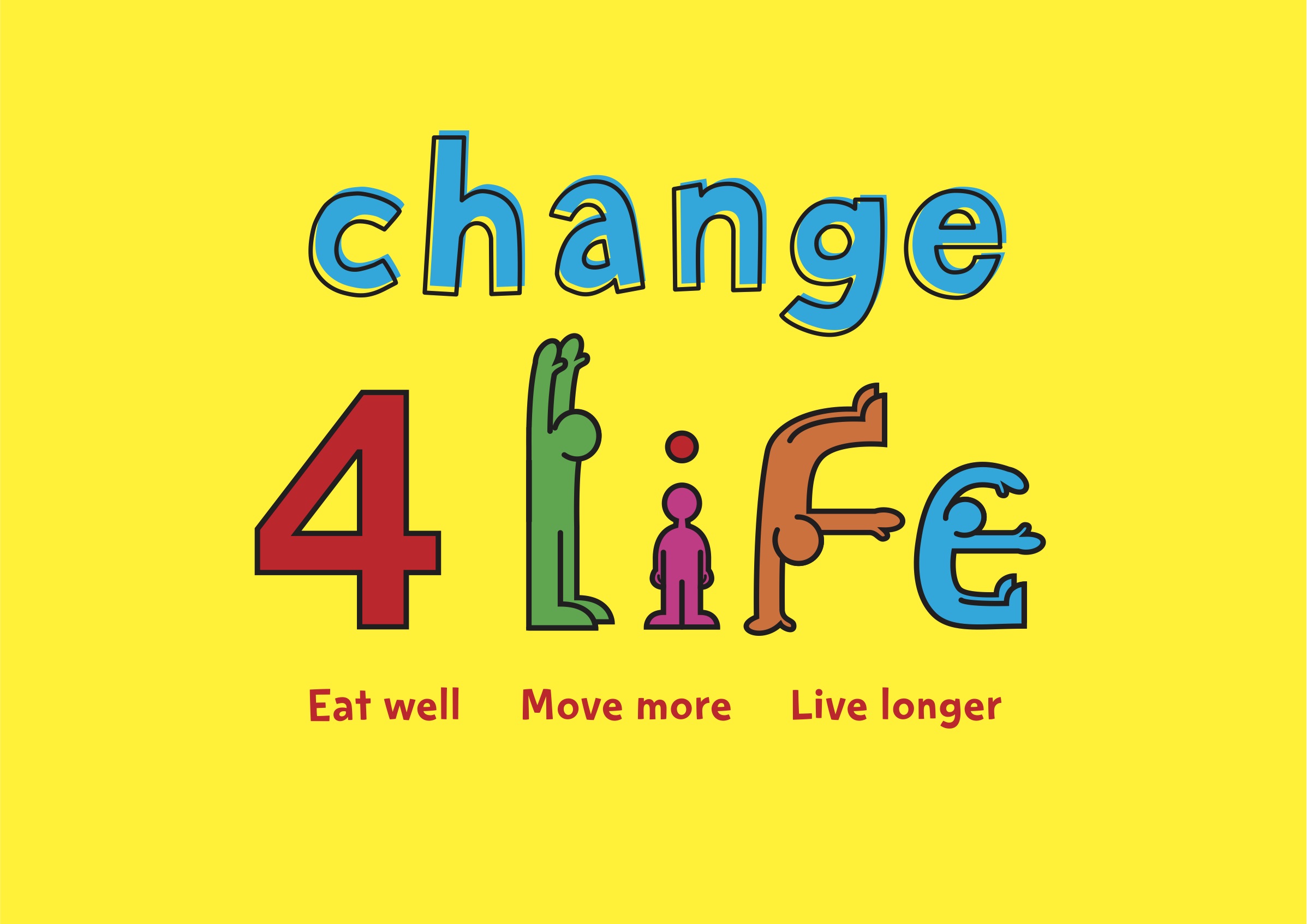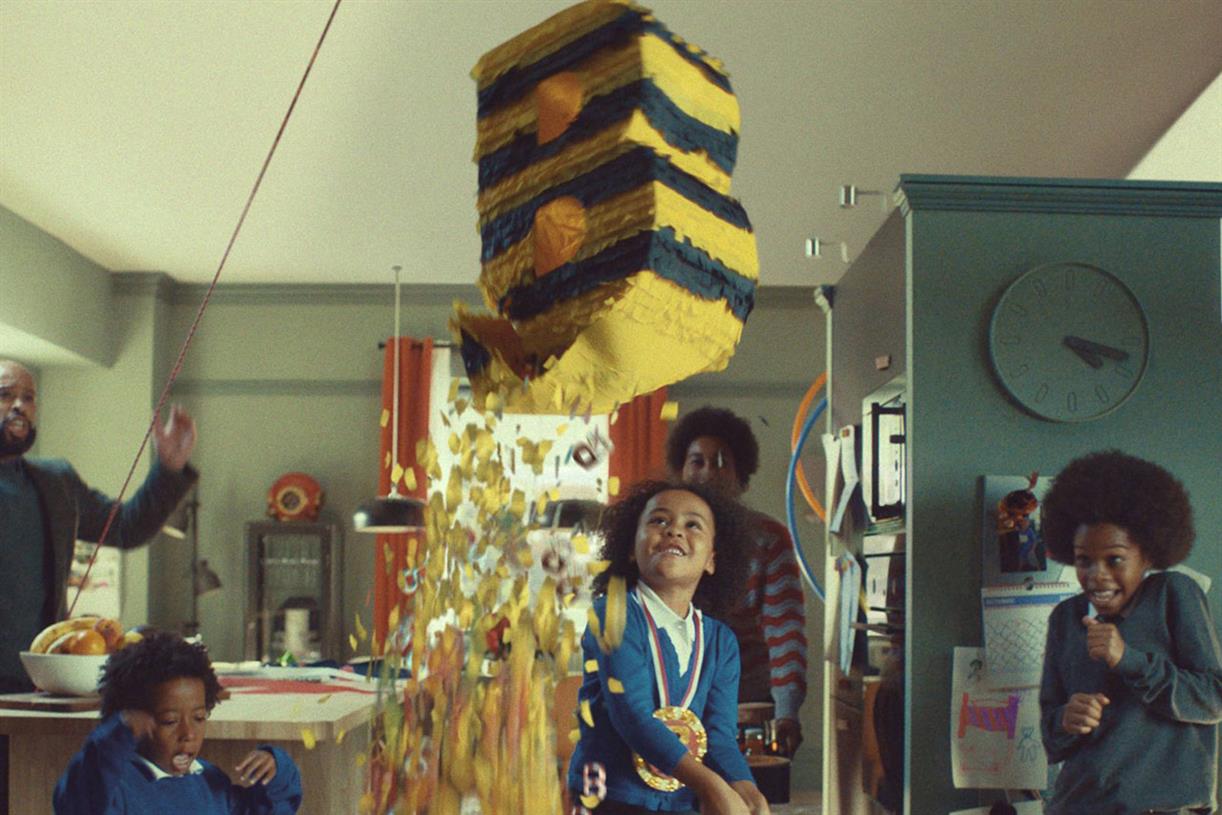APG Noisy Thinking – is it possible to plan long-term anymore?
19 November, 2019 Reading: 3:32 mins
Last week, strategists of all persuasions assembled at Google HQ’s to attend the Account Planning Group's (APG) latest event, which focused on the balance of long-term and short-term planning. We listened to great minds from Saatchi & Saatchi, Mother and Adam&Eve during the firestorm of misbehaving technology. Great to see the pratfall effect in full operation here!

Last week, strategists of all persuasions assembled at Google HQ’s to attend APG's latest event, which focused on the balance of long-term and short-term planning. We listened to great minds from Saatchi & Saatchi, Mother and Adam&Eve during the firestorm of misbehaving technology. Great to see the pratfall effect in full operation here!
As with all good stories we require a villain, and in this fable, it’s the challenging landscape of producing work that outperforms now and in the future. This villain is constantly at the forefront of a strategist’s mind, but it can be hampered by short-termism of clients and their targets. With CMO’s staying in post an average 18 months, it’s no surprise that rise of short-termism is the status quo.
What is it that makes a big idea work for short-term ambitions, but elevates the brand into long-term success? There’s no easy answer but perhaps there’s something in the middle, the grey area between the long and the short?
This is where we need to pay respect to Les Binet and Peter Field for their life’s work, which is dedicated to understanding and evaluating advertising effectiveness. Without their work with the The Institute of Practitioners in Advertising (IPA), strategists and clients wouldn’t fully understand the value and power of striking that right balance between the long and short-term. If you haven’t heard of these two legends do check out their work over at the IPA.
There’s a lot of debate in strategy departments in advertising land as to whether their 60/40 rule still applies (how best to split budgets on short and long-term activations). This split of brand building and tactical executions depends on many factors, and I think it works best as a set of guard rails to plan from. But I’m not about to wax lyrical on strategy principles and frameworks – instead I’m going to look at some of my key highlights from the event.

M&C Saatchi (Change4Life) – the campaign focused on highlighting child obesity in the UK. By making the campaign assets and logo open source, the agency was able to vastly increase the reach and impact of the work at reduced media spend.

AMV DDBO (Snickers) – showed that a human truth (you’re not yourself when hungry) can be used time and time again and activated in different ways across multiply channels. Over 60 years Snickers has told stories of ‘hunger satisfaction’ and their ‘You’re not you when you’re hungry’ campaign has achieved significant salience for the brand and produced strong sales over time. It’s a great example of the coupling between long-term, strategic thinking and successful short-term activation.

Mother London (IKEA – The Wonderful Everyday) – demonstrated that a good idea shouldn’t come at the cost of short-term wins with their IKEA campaign. The team talked about ‘the strategist as the custodian of a brand’s best interests long into the future, through constant application in the here and now'.
Adam&EveDDB – challenged conventional wisdom and asked the important question about finding that balance for short-term and long-termism. The point of view shared by Tom Roach was that you need both for effective communications; go short to go long – both are connected and important factors to plan for, but more focus should be on short-term as we need to sell with the work.
Don’t fear the middle-ground
Fighting the short-term battle with lofty notions of long-term ambitions will not serve our clients well. As agents of change, it’s our role to work with clients to support this middle-ground planning - understanding and planning for the connection between short-term and long-term is where significant gains can happen.
Talk to us about finding your middle-ground and planning for short and long term success.